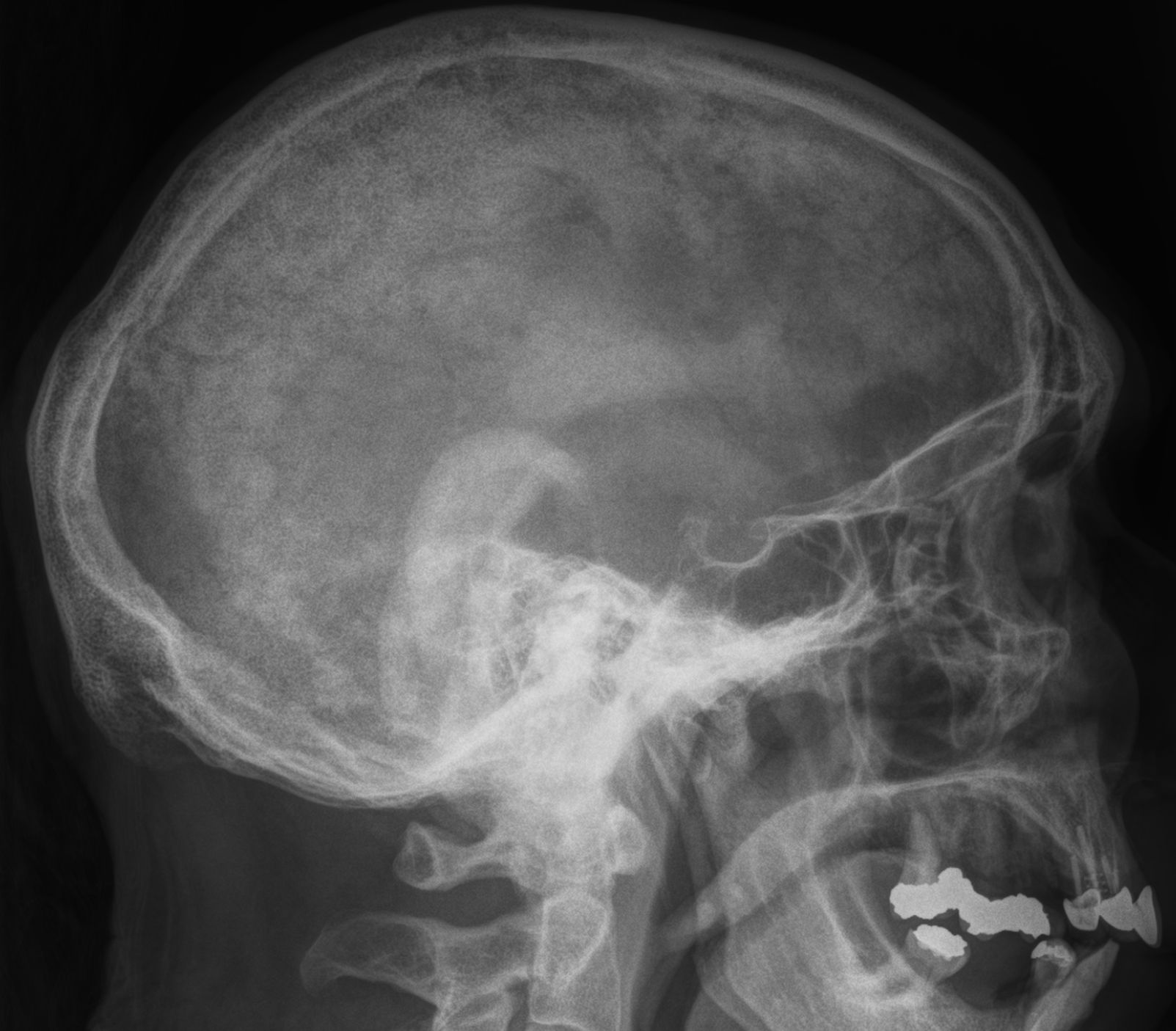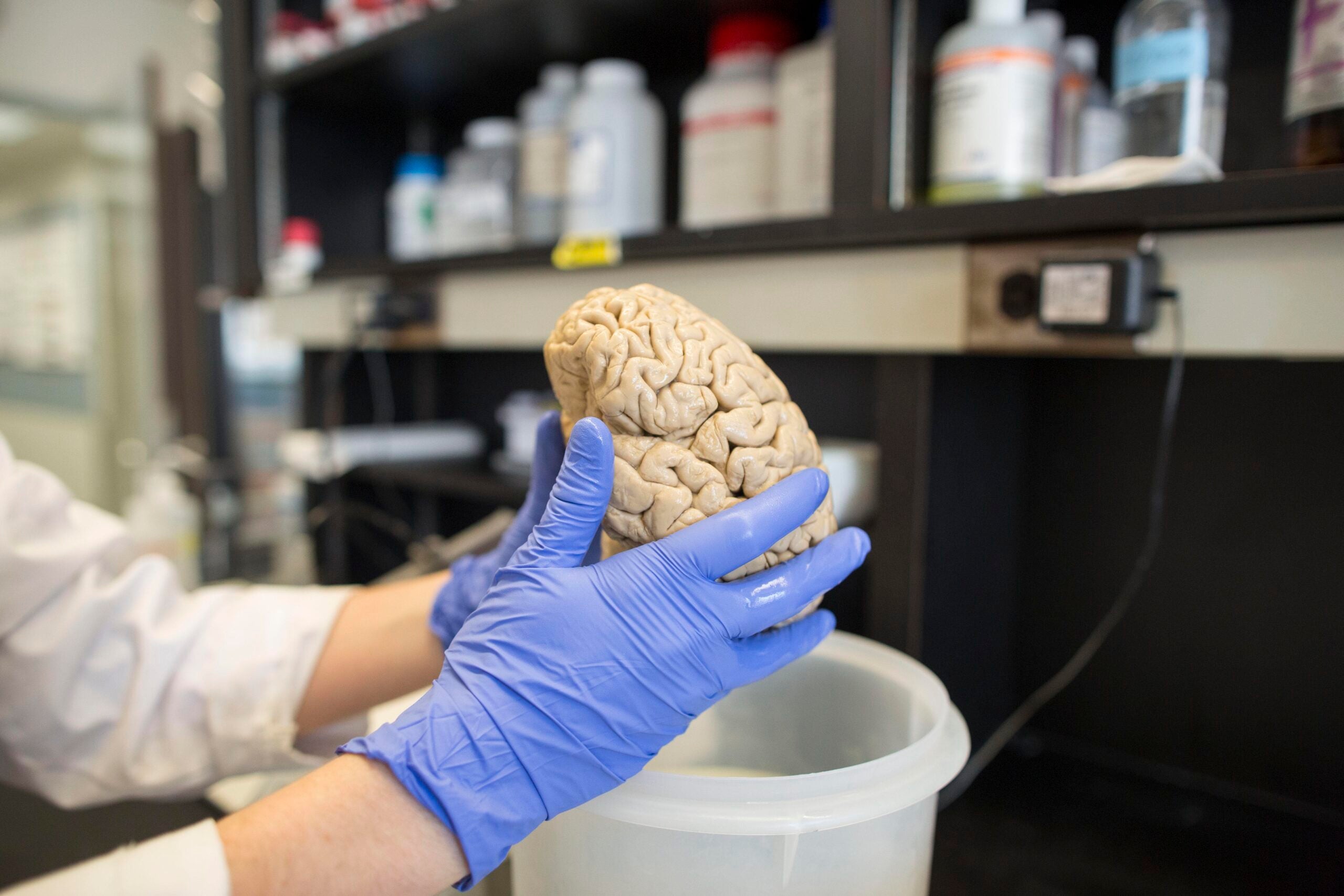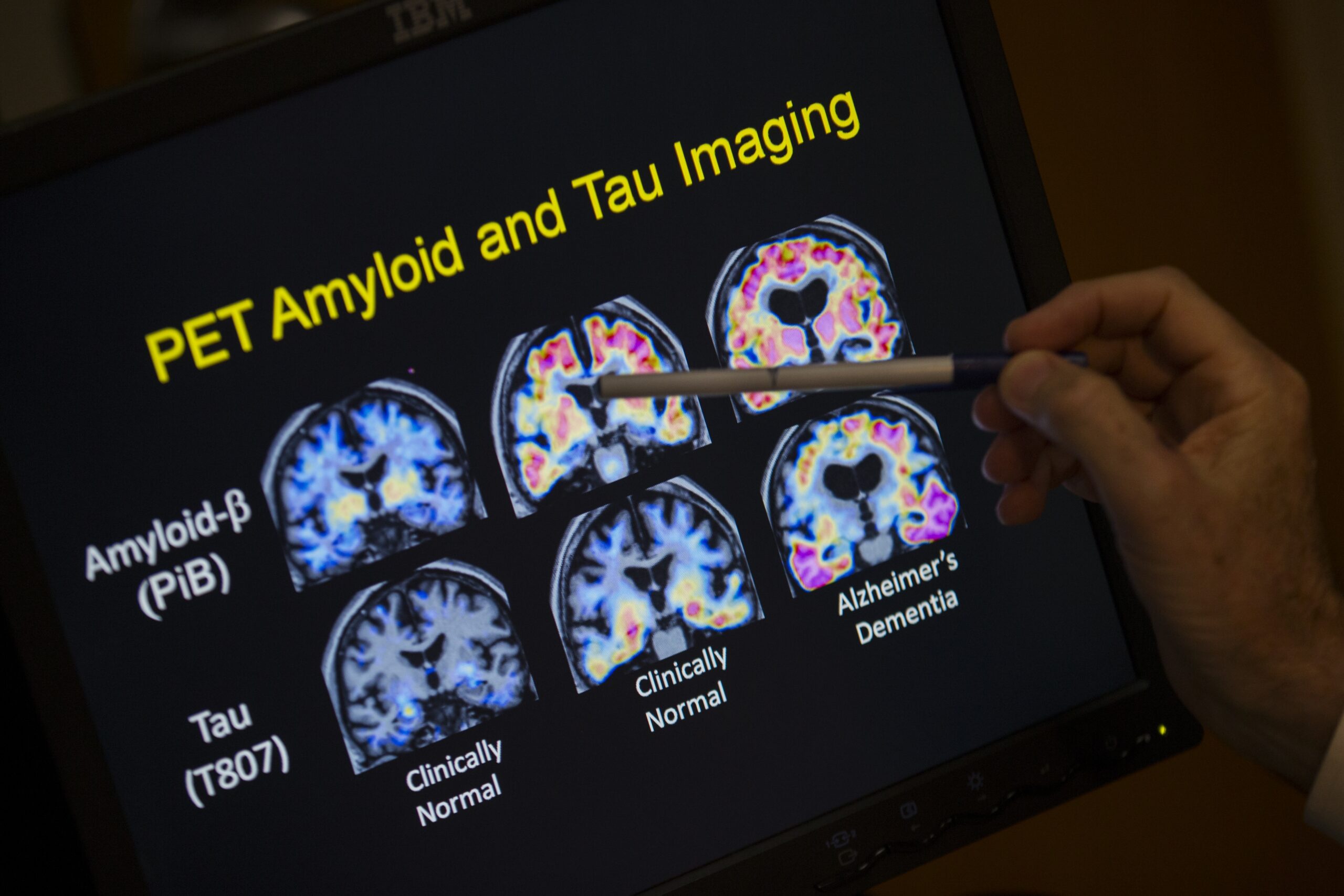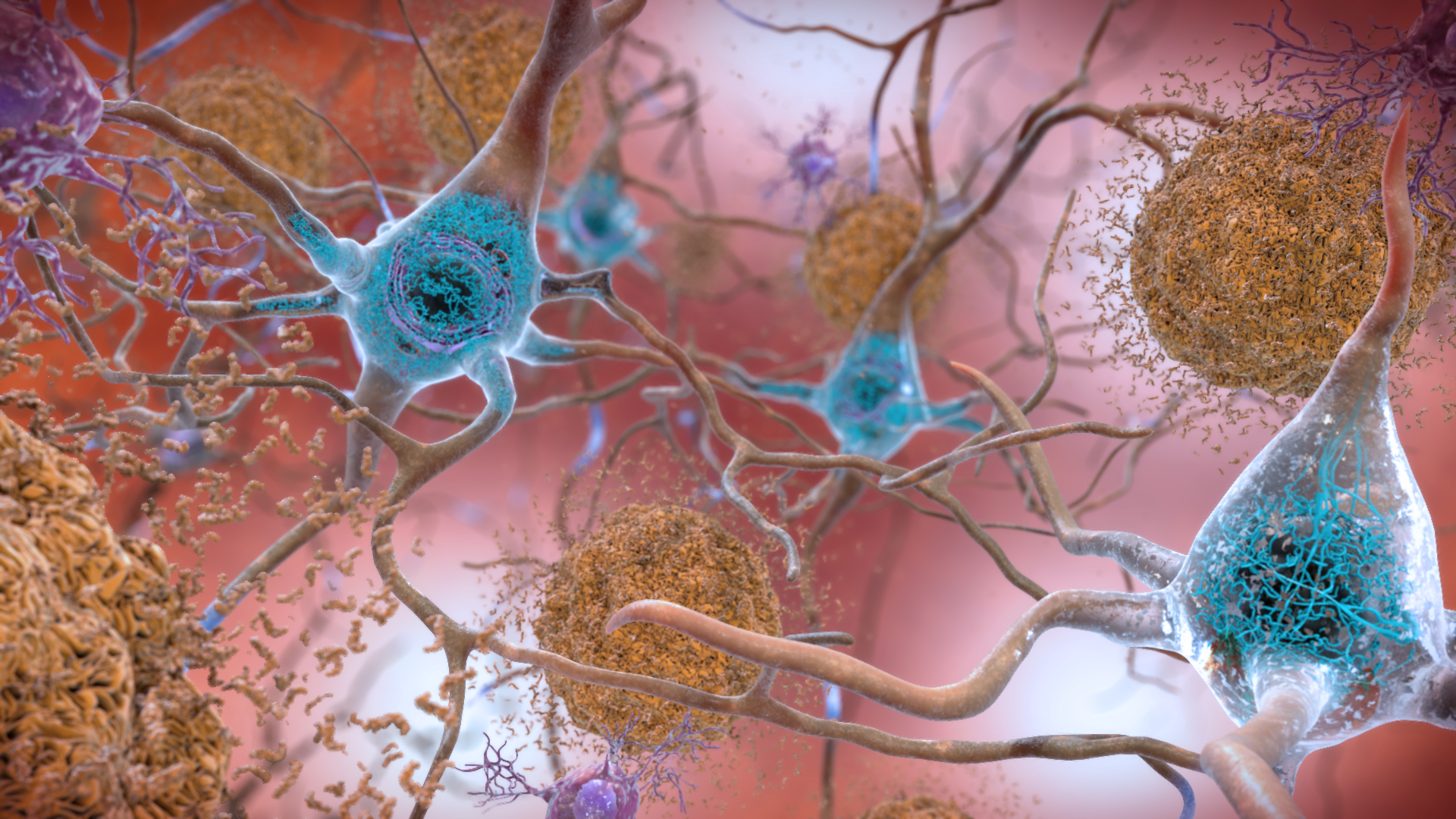University of Wisconsin-Madison will help the U.S. Department of Defense on a project to research the link between war injuries and Alzheimer’s.
It’s thought that traumatic brain injury may play a role in whether someone develops Alzheimer’s. Scientific advances are allowing researchers to test this idea with willing Vietnam veterans. Sterling Johnson is a neuropsychologist at the UW School of Medicine and Public Health who is collaborating on the national study.
Johnson: “There’s actually new techniques available now that will let us get a better understanding of this. For example, we don’t know if traumatic brain injury initiates Alzheimer’s in some form or if just puts them at greater risk for any later brain disease. In other words it could be a primary cause of the disease or it could be affecting their resilience.”
Stay informed on the latest news
Sign up for WPR’s email newsletter.
In addition to traumatic brain injury, there’s another war related condition may put vets at greater risk of developing memory loss later in life: Post Traumatic Stress Disorder. Johnson says that will also be examined in the study coordinated by the San Francisco Veterans Administration Medical Center.
Johnson: “The hormones that are in play in Posttraumatic Stress Disorder affect region that’s very important for memory and that’s relevant to Alzheimer’s, and that’s called the hippocampus. That’s why this study is blending PTSD and traumatic brain injury both as risk factors for Alzheimer’s disease.”
Vietnam veterans who want to volunteer for the national study need a PTSD diagnosis or a history of traumatic brain injury.
For additional information on the study, call the San Francisco Veteran’s Administration Medical Center at 800-773-4883 or visit http://www.adni-info.org/DOD.aspx.
Wisconsin Public Radio, © Copyright 2024, Board of Regents of the University of Wisconsin System and Wisconsin Educational Communications Board.





